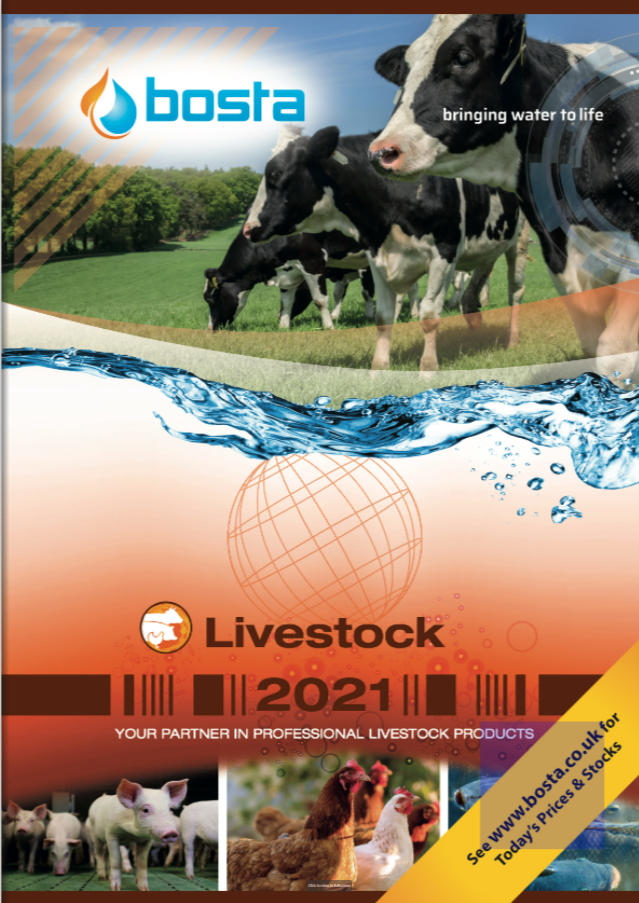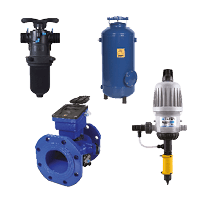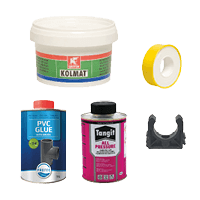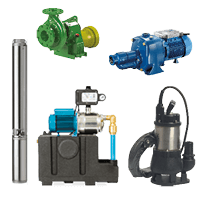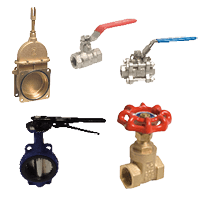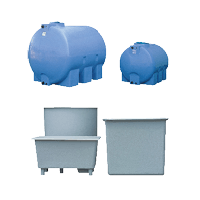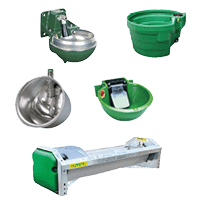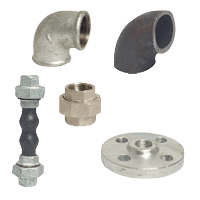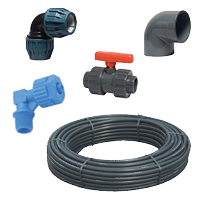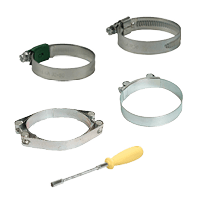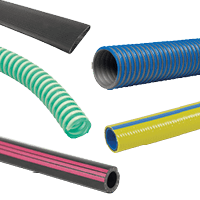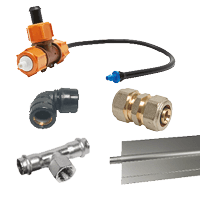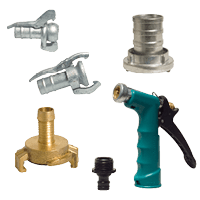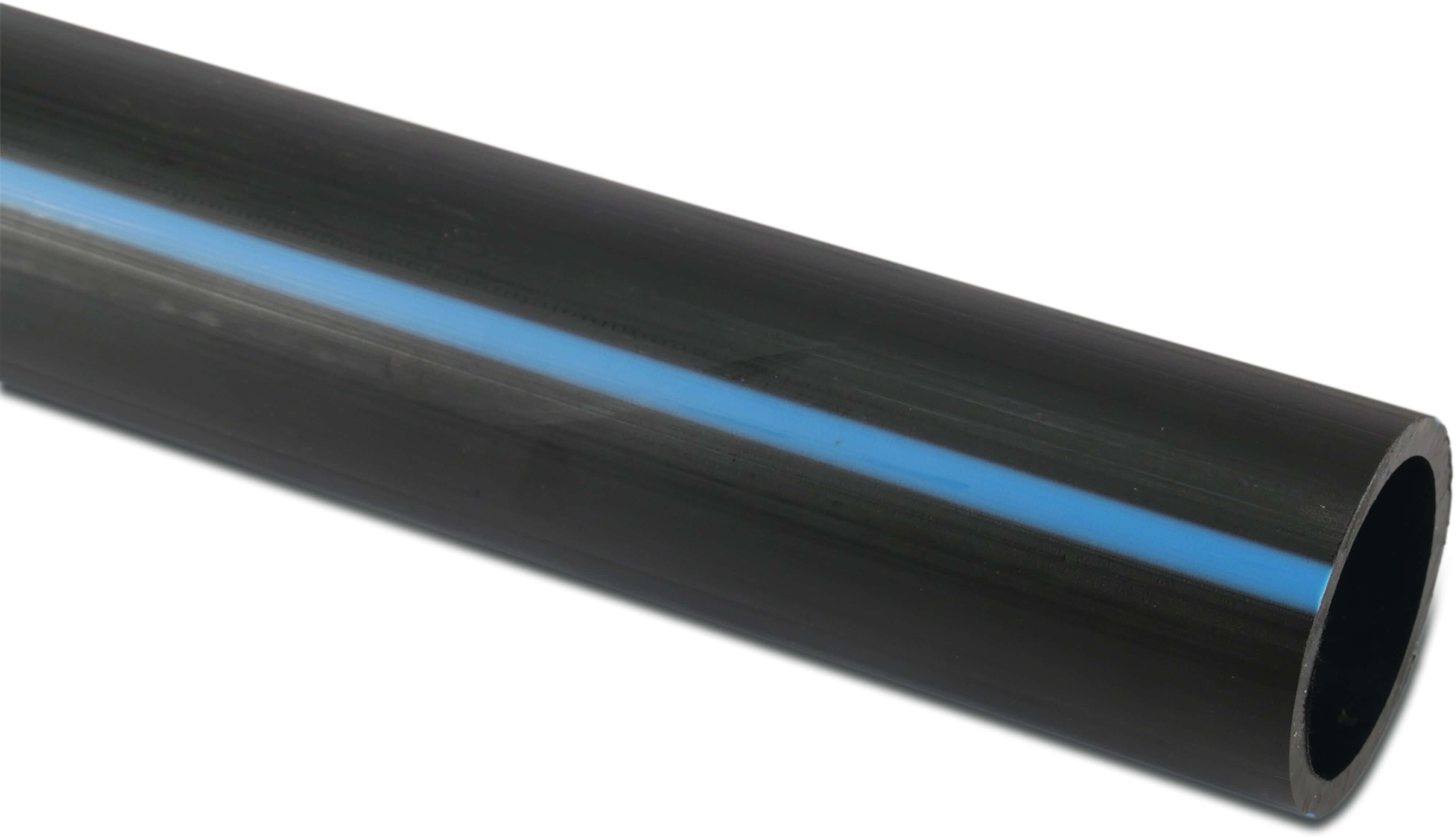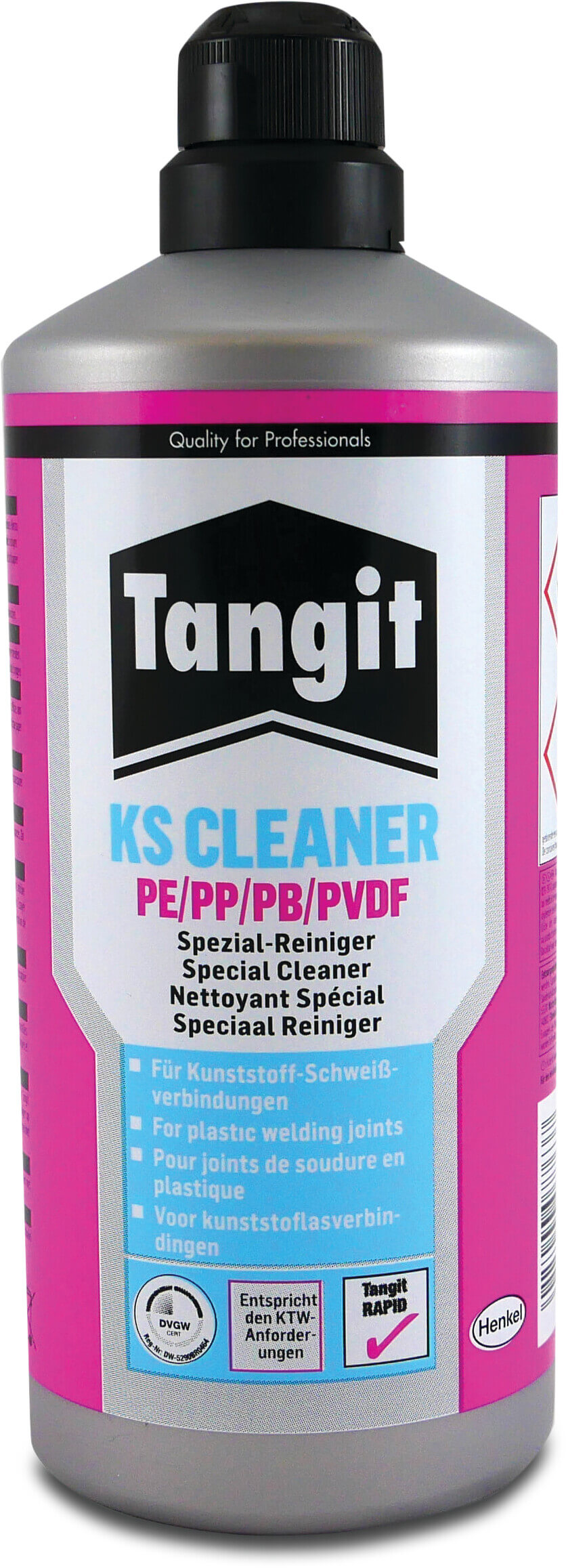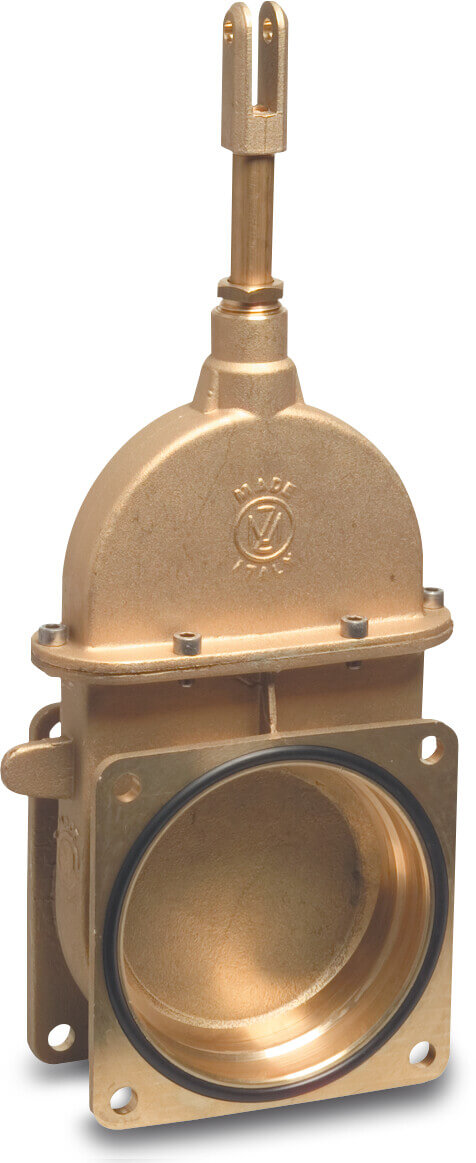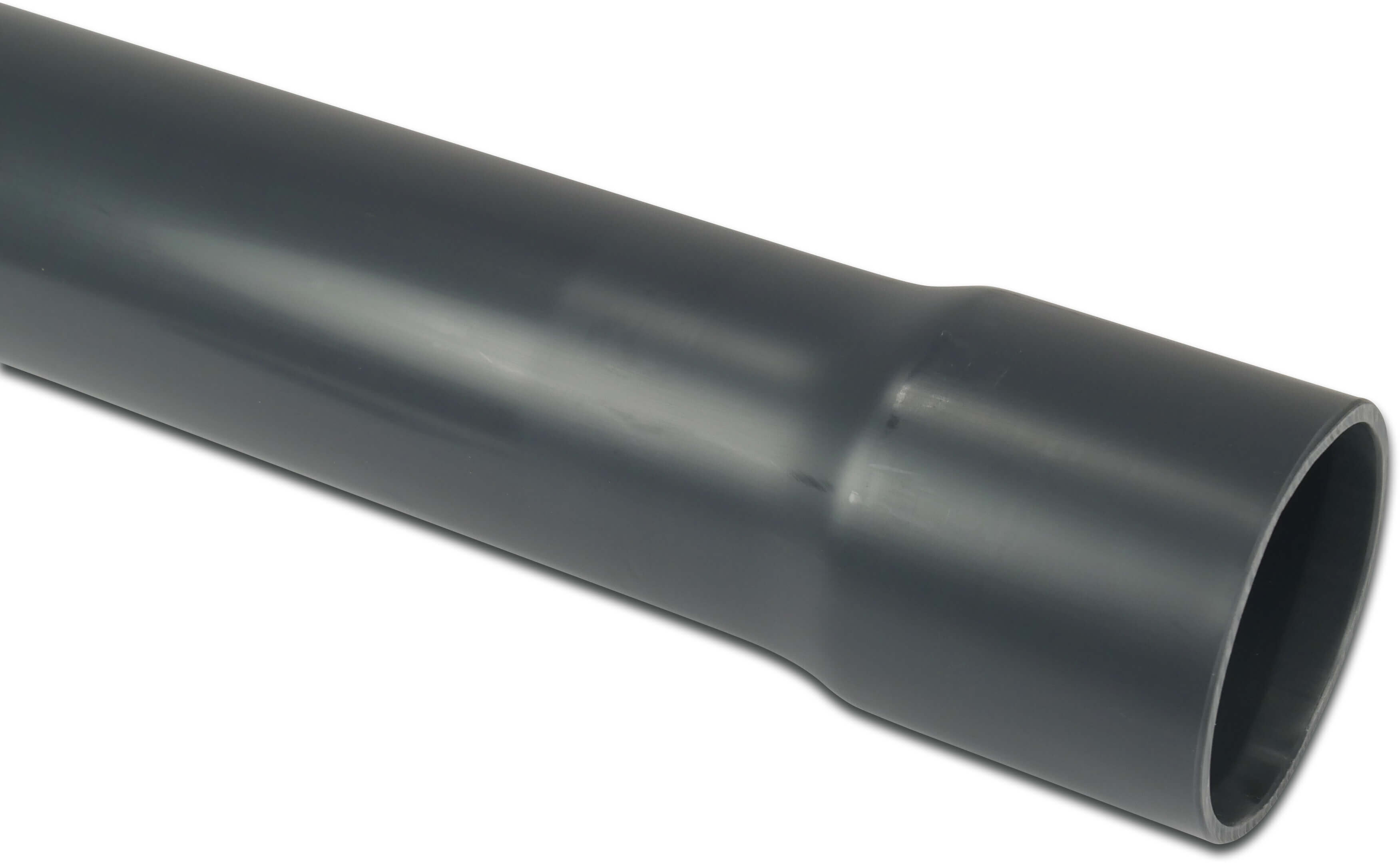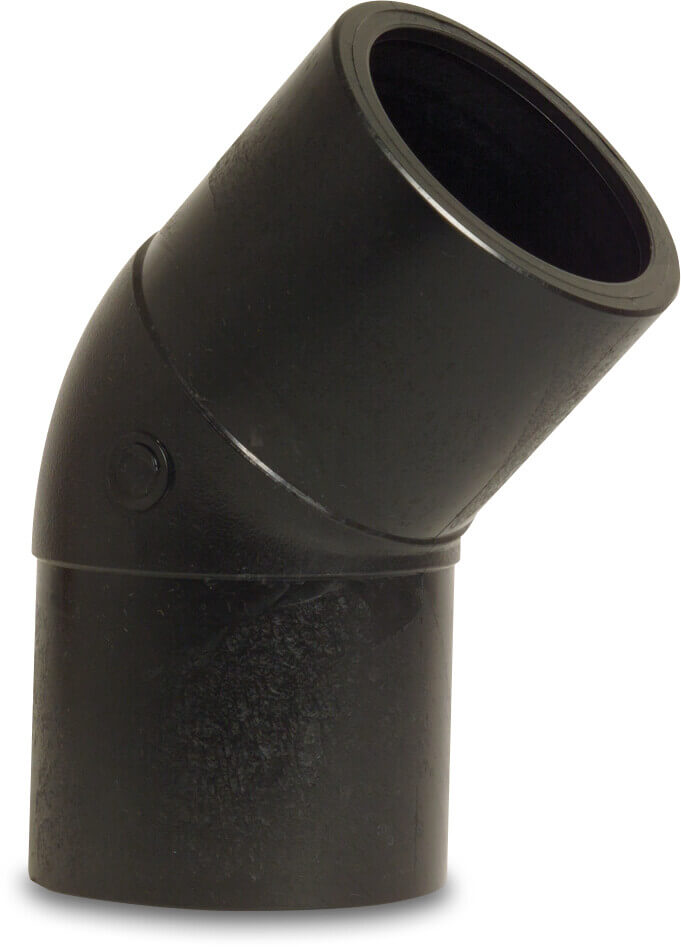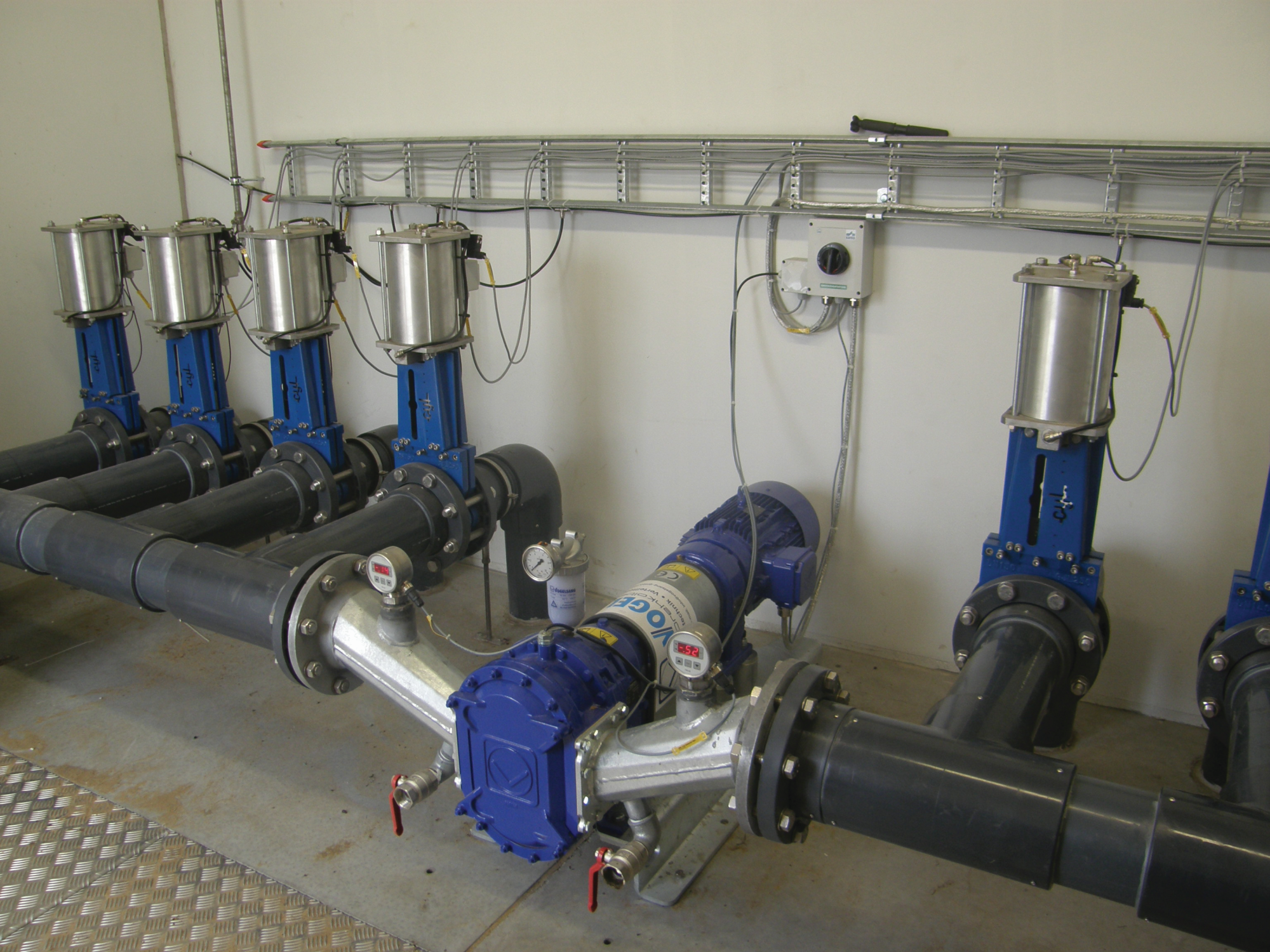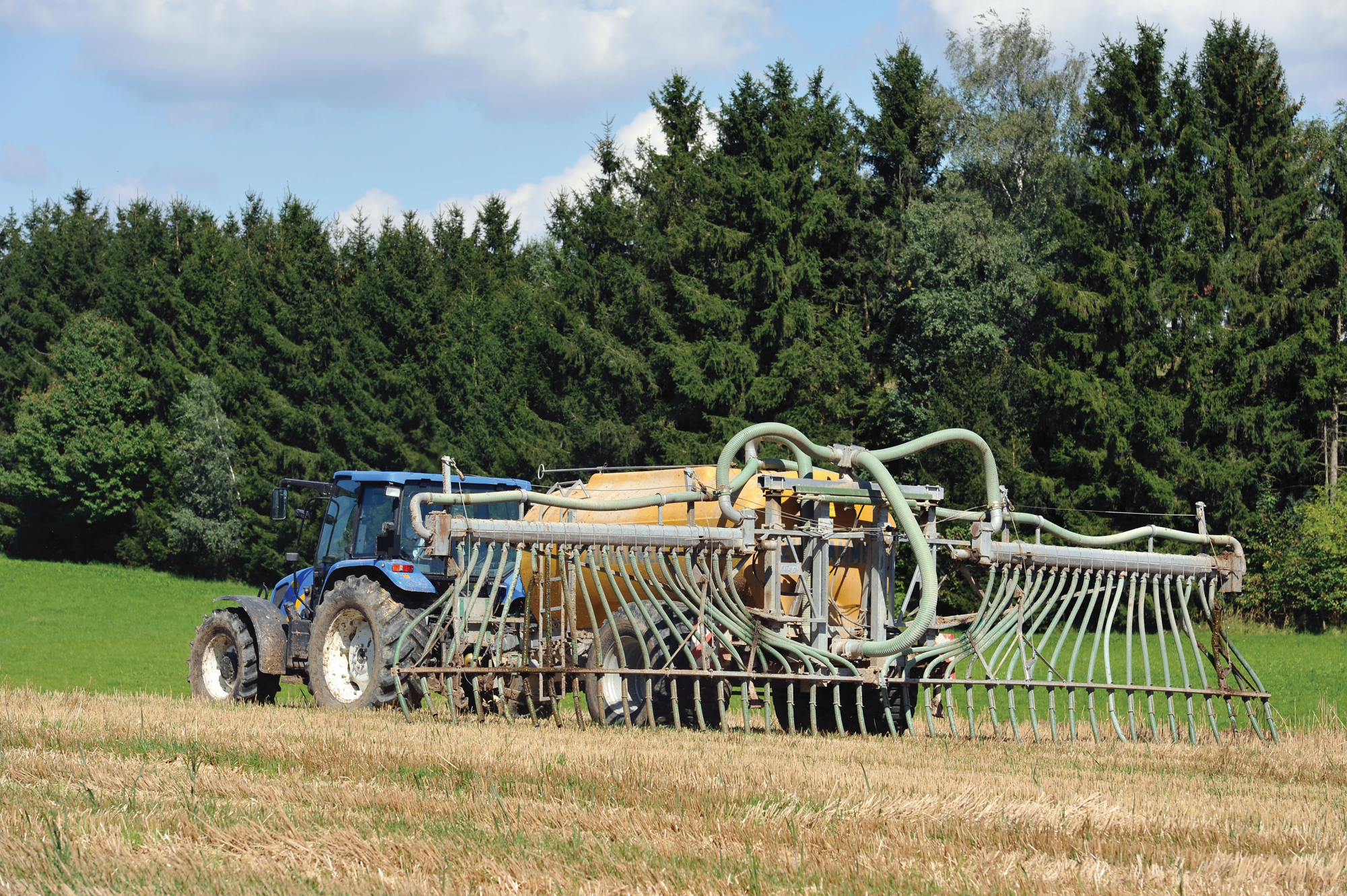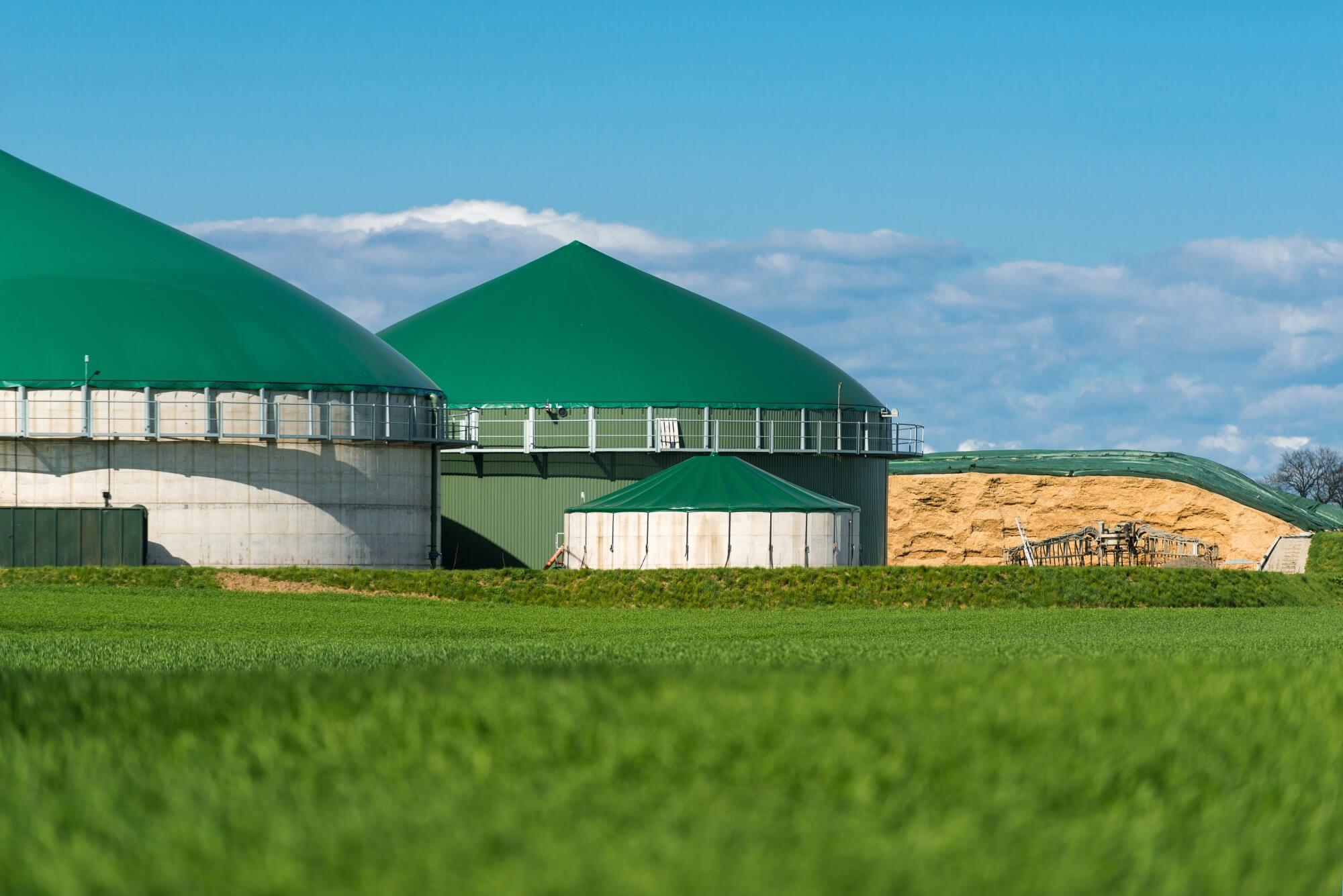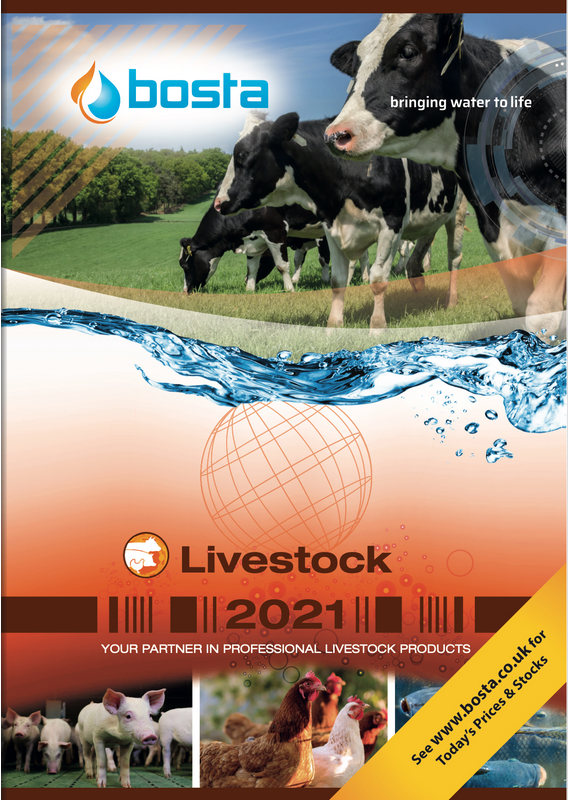Decarbonise with biogas: Expert advice and quality products
If you're looking to decarbonise your business or the water sector, biogas is a promising, untapped energy source. At Bosta, we're committed to sustainability and environmental protection, and we offer comprehensive support for biogas projects from start to finish. Our experienced team will help you plan and install biogas systems with our high-quality products, which includes a complete range of PE pipes and fittings, PVC pipes and fittings, hoses, slurry couplers and valves.
We also offer fast delivery through our webshop, which provides complete transparency and shipment tracking. With biogas and our expertise, you can meet your climate goals while reducing your carbon footprint.
Customised biogas solutions
At Bosta, we strive to provide our customers with customised solutions for their projects. We understand that each project is unique and requires specific requirements to be met. That is why we offer a tailored approach to our customers, where we listen to their needs and design a complete parts list and solution-oriented design for their project. By doing so, we ensure that our customers get the best possible solution for their project, and that their needs are met in the most efficient and effective way possible.
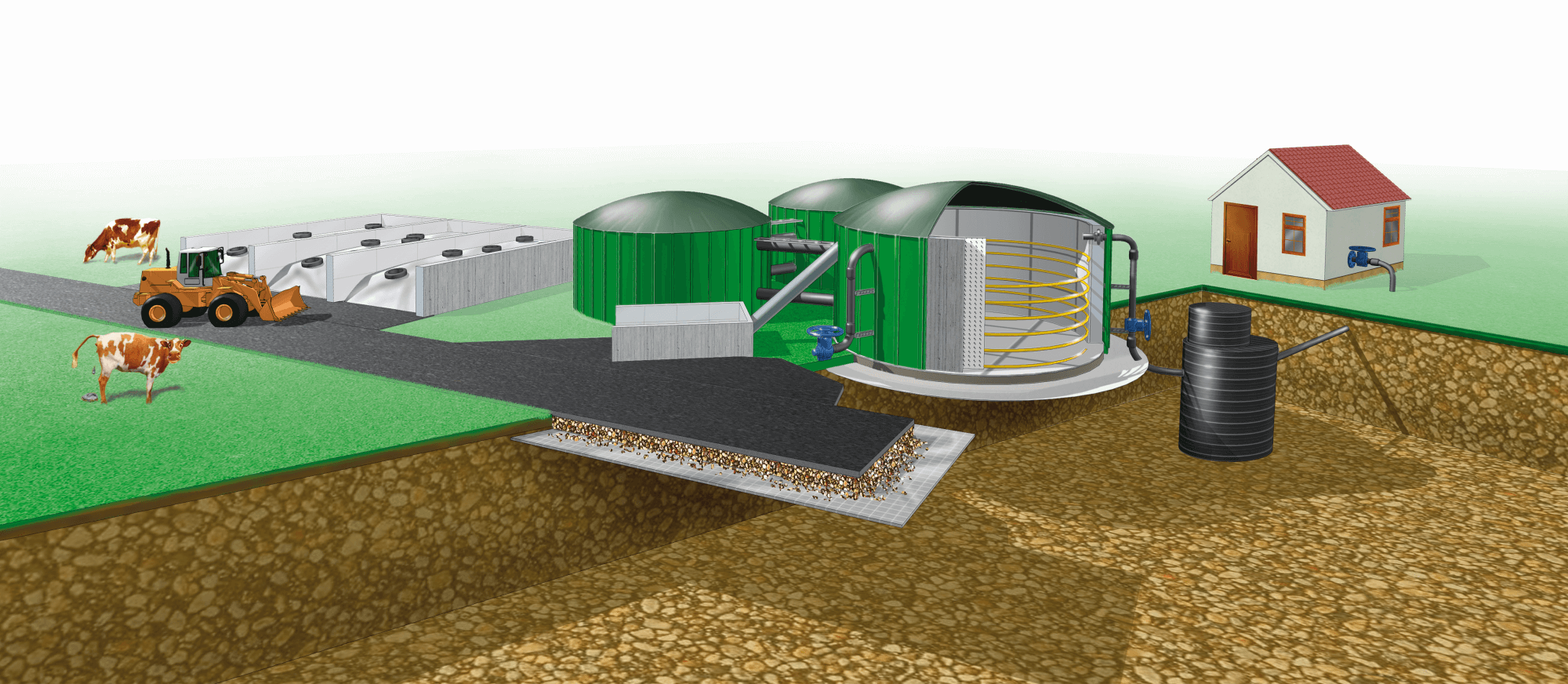
Populair Biogas products
High-quality products
In the context of a biogas plant, organic materials such as agricultural waste are converted into biogas. With our products in the agricultural sector, we offer a wide range of solutions for agricultural needs. We provide you with the appropriate pipes, fittings, and adhesives from renowned manufacturers such as Tangit or Jason brand fittings for sustainable energy production.
Sustainable waste management strategy
Looking for a sustainable way to dispose of your wastewater and manure? A biogas plant can help. By providing oxygen-free conditions for anaerobic digestion, this process converts waste into eco-friendly energy and fertilisers. It is a solution that benefits both the environment and animal welfare.
Producing biogas sustainably
The natural biological decomposition process, driven by microorganisms, can convert animal waste into biogas. We offer a wide range of high-quality products in the stable and agricultural technology sectors, including drinkers, ventilation systems, and plastic pressure piping systems.

